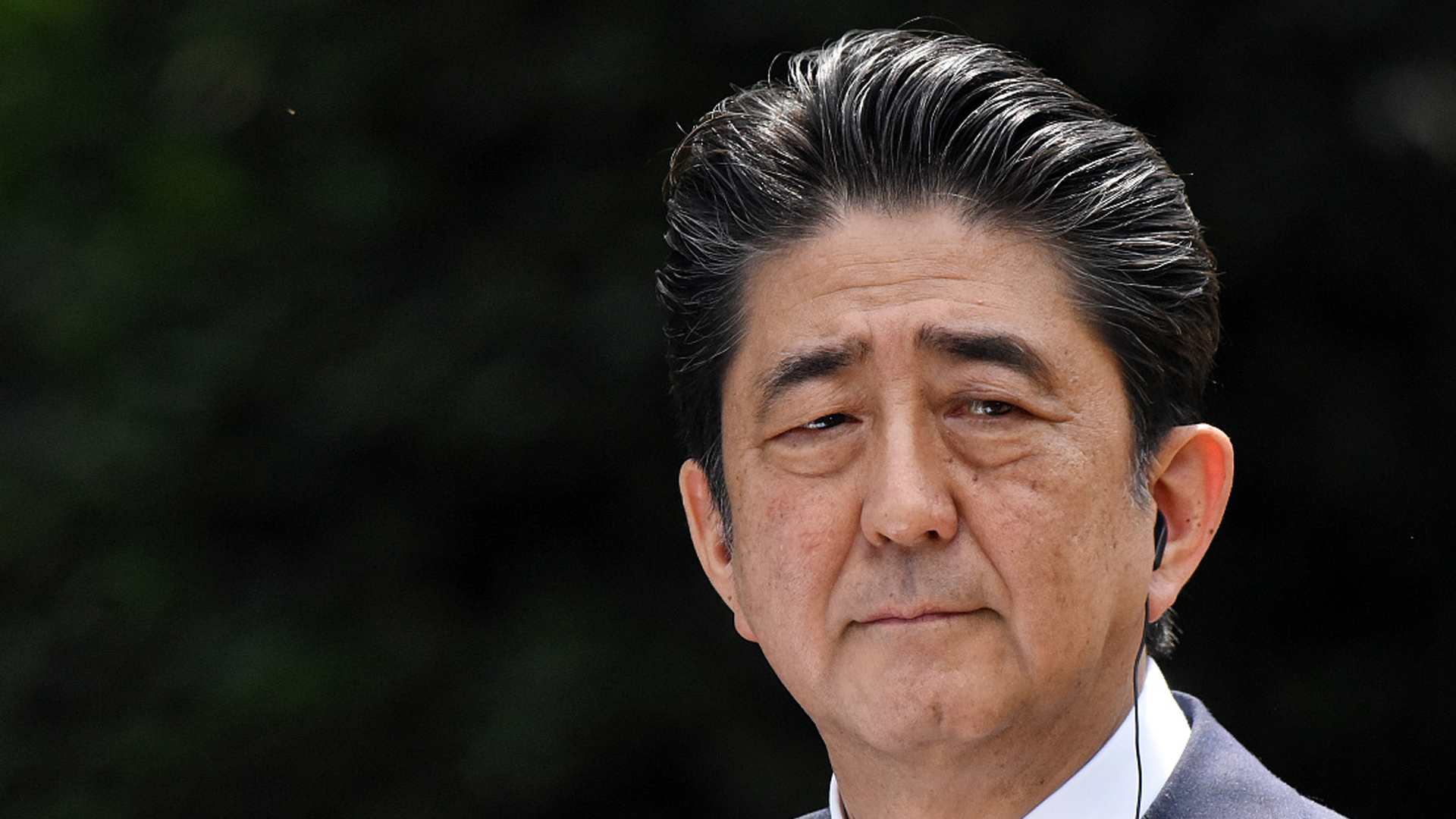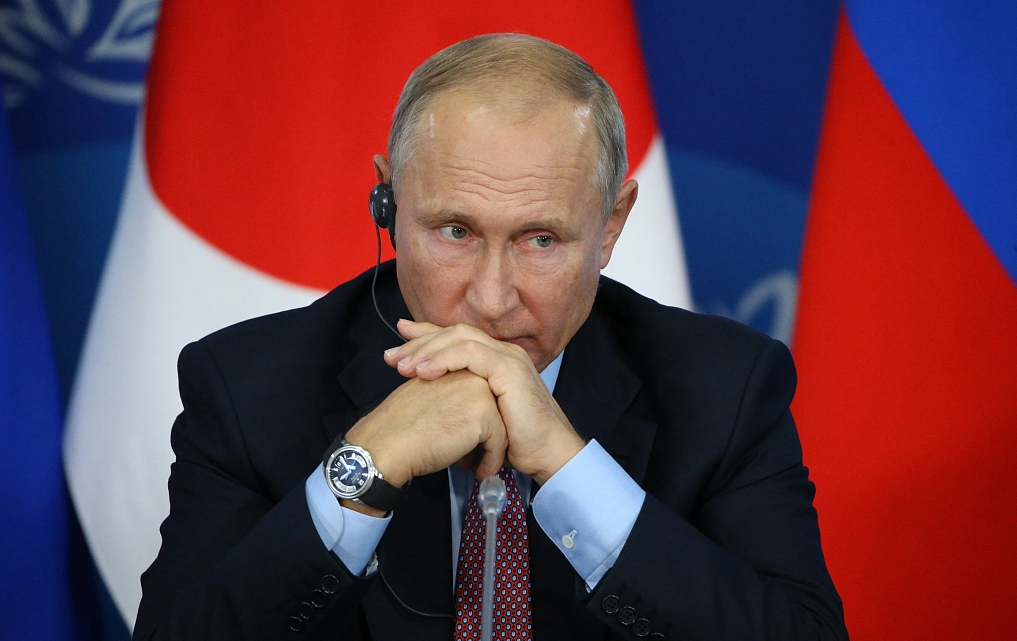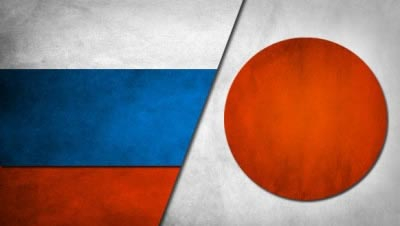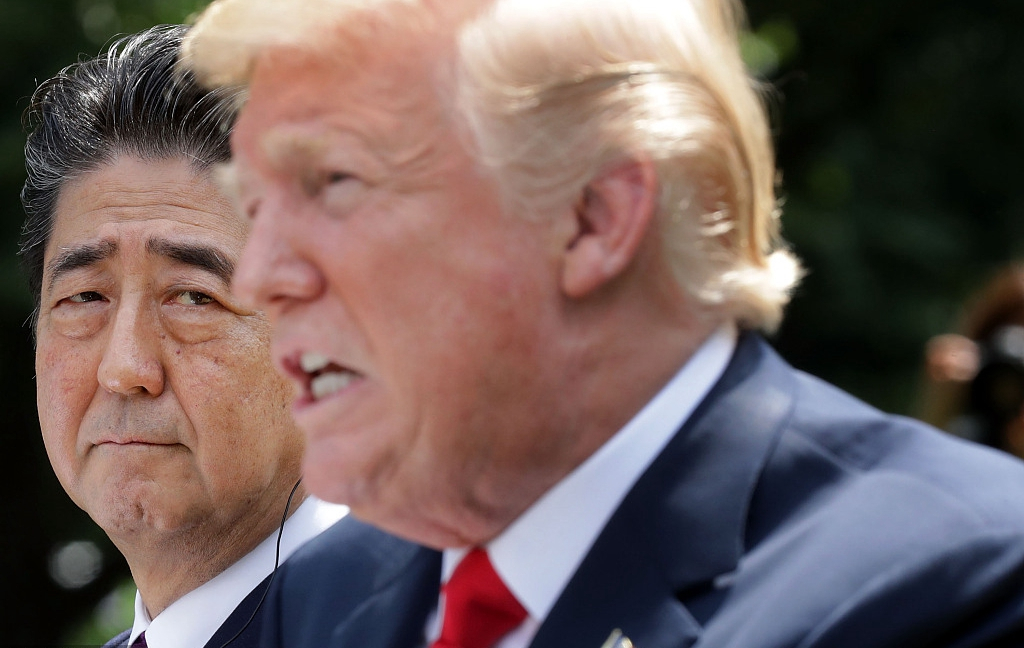
Asia Pacific
10:18, 21-Jan-2019
Island dispute with Russia a constant headache for Abe
By Wang Mengjie

Japanese Prime Minister Shinzo Abe will meet Russian President Vladimir Putin this week to discuss a deal that could end a decades-old territorial row, and the ups and downs in the island dispute will tell why Abe's headache will not go away anytime soon.
First, Russia's tough stance
Russia's top diplomat on January 14 threw cold water on Tokyo's hopes for a quick return of the disputed islands in the Pacific, warning Japan that it must recognize them as part of Russia's territory as a starting point for talks.
Read more:
The stern statement from Russian Foreign Minister Sergey Lavrov, which followed talks with his Japanese counterpart Taro Kono, appeared to reflect Moscow's efforts to temper Japanese expectations of an imminent deal.
He also insisted that the control over the islands was not up for discussion and that disagreements between the countries still obstruct the path to a peace deal.

Russian President Vladimir Putin listens during a Russian-Japanese meeting at the Eastern Economic Forum in Vladivostok, Russia, September 10, 2018. /VCG Photo
Russian President Vladimir Putin listens during a Russian-Japanese meeting at the Eastern Economic Forum in Vladivostok, Russia, September 10, 2018. /VCG Photo
It set a tough stage for Abe's trip to Moscow for talks with Putin. Abe has recently voiced hope that this year will mark a breakthrough in solving the territorial dispute and spoke about an imminent change in the islands' status, angering Moscow.
Putin and Abe agreed in November 2018 to accelerate negotiations based on a 1956 Soviet proposal to return two of the islands to Japan, but Lavrov's somber tone indicated that Japanese expectations of a quick breakthrough were premature.
Russia and Japan have been in dispute for seven decades over ownership of a group of islands, called the Southern Kurils in Russia and the Northern Territories in Japan.
Then Putin's proposal
Putin caught Abe off guard last September when, on stage with the Japanese leader at a conference in Vladivostok, he suggested signing a peace treaty by year-end "without any pre-conditions."
Abe later rejected the proposal, repeating Japan's stance that the question of sovereignty must be settled first.
01:25

Experts doubt Putin really wants any agreement.
"Since the Japanese government cannot accept the proposal without abandoning its claim ... it has no choice but to reject it," James Brown, a political science professor at Temple University's Japan campus, wrote in a column in the Japan Times.
Also the battle between U.S. and Russia
The U.S. military presence in Japan is complicating the search for a formal peace treaty, Putin told reporters at his annual news conference on December 20, 2018.
Read more:
He also pointed out that the Japanese government is building an alternative base for U.S. Marine Corps Air Station Futenma, now located in central Okinawa, in the Henoko district of Nago further north, despite strong opposition from local residents.
"The U.S. base on Okinawa has been there for decades now. … We don't understand the level of sovereignty Japan has when such decisions are made," Putin said.

Japanese Prime Minister Shinzo Abe (L) and U.S. President Donald Trump attend a joint news conference in the Rose Garden at the White House, June 7, 2018. /VCG Photo
Japanese Prime Minister Shinzo Abe (L) and U.S. President Donald Trump attend a joint news conference in the Rose Garden at the White House, June 7, 2018. /VCG Photo
"What will happen after a peace agreement is signed, we don't know. But without an answer to this question, it will be very difficult for us to take any major decisions."
Meanwhile, Abe is trying to include the U.S. in peace talks with Moscow, signaling to his ally that the peace treaty will be beneficial for Washington, which has also enraged Russia.
Jerry Martinez, a commander of U.S. Forces Japan, told a recent press conference that his country has no plans to put U.S. troops on the islands "right now," casting a shadow on the Japan-Russia talks.
(With inputs from agencies)

SITEMAP
Copyright © 2018 CGTN. Beijing ICP prepared NO.16065310-3
Copyright © 2018 CGTN. Beijing ICP prepared NO.16065310-3